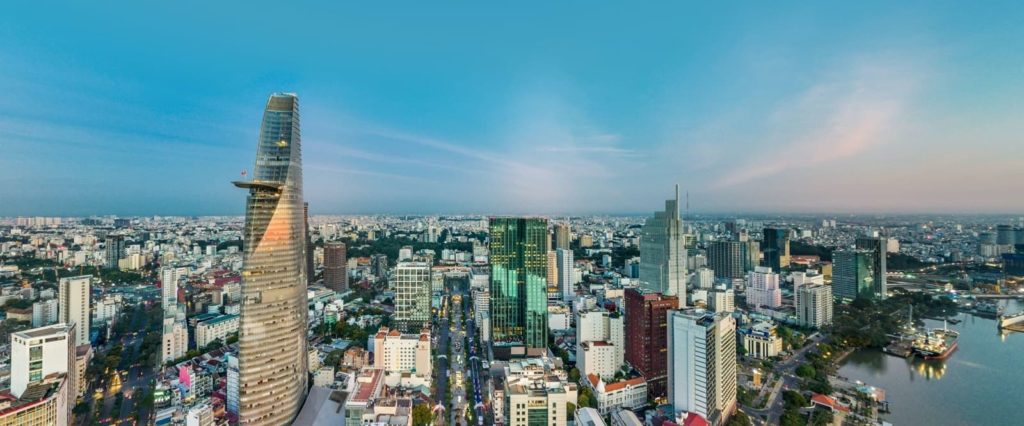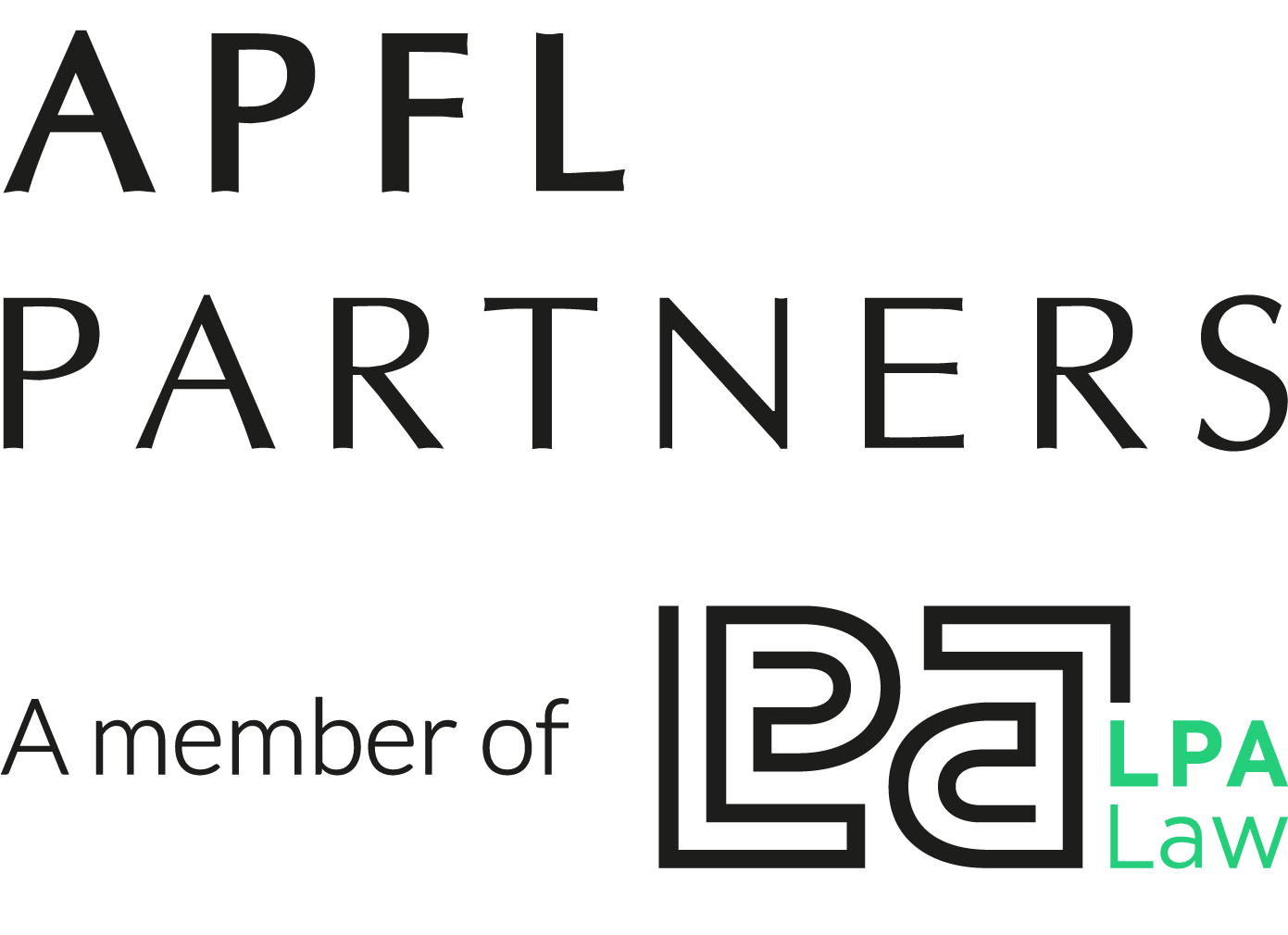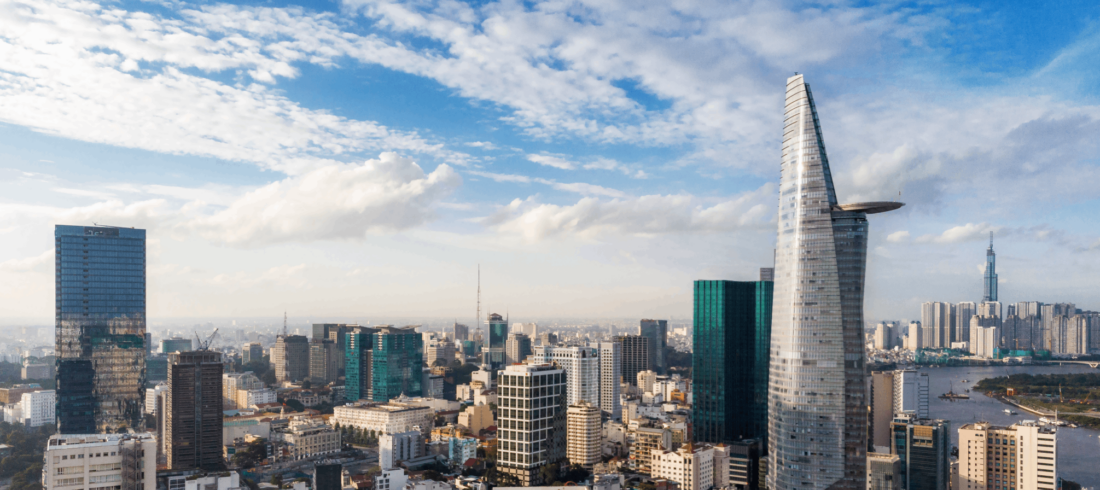Vietnam Rising in Economic Freedom Rankings

Economic freedom is in decline across the globe, according to a US-based think tank. However, Vietnam is an outlier, according to The Heritage Foundation, a research and education organisation in Washington D.C.
Based on the level of restrictions on how people spend, save, and invest their capital – alongside 12 ‘economic freedoms’ such as open markets, property rights, efficient government, and the rule of law – the Heritage Foundation rates and ranks countries around the world. Each of these 12 domains is scored out of 100, giving countries an aggregate total for their economic freedom.
In the 2024 Economic Freedom Index, Vietnam achieved an aggregate score of 62.5. To put that in perspective, Vietnam ranked above Laos (50.6), Thailand (59.0), and the Philippines (59.0). Meanwhile, Malaysia (65.7) comes just ahead of Vietnam, as does Singapore with a region-topping score of 83.5.
Looking at the growth of economic freedom over time, Vietnam has almost doubled its aggregate score from 38.6 in 1997. In the decades since, there has been an almost consistent upward trend in economic freedom, whereas other countries have tended to plateau.
Understanding local restrictions
However, despite this undoubted progress, foreign investors and enterprises do need to be aware of certain restrictions when doing business in Vietnam.
Despite decades of market liberalisation, some business lines are still ‘conditional’. In other words, these sectors are subject to caps or restrictions on foreign investment or require foreign enterprises to form joint ventures with local partners. These tend to be in sensitive sectors, industries, or regions with national defence or security implications or those integral to socio-economic development.
For example, foreign investment in most passenger transport activities is capped at 49 per cent and investors must form a joint venture with a Vietnamese partner. Likewise, foreign investors cannot own 100 per cent of an advertising or tourism business and must, instead, partner with a licensed local operator.
On the other hand, some of these restrictions are being reduced or phased out as Vietnam becomes more integrated into global markets. Through the EU-Vietnam Free Trade Agreement (EVFTA), for instance, foreign ownership caps are being reduced in sectors like banking, where a European investor will be able to own up to 49 per cent of a local bank – up from 30 per cent before the EVFTA entered into force. Vietnam has given similar undertakings to investors from Comprehensive and Progressive Trans-Pacific Partnership (“CPTPP”) countries.
This is just a snapshot of the various restrictions foreign investors need to understand in order to do business in Vietnam and remain compliant with local legislation. APFL Partners advises clients in a wide range of sectors and industries and helps them enter and succeed in the Vietnamese market.
To find out more about investing or doing business in Vietnam, just contact our team on: contact@apflpartners.com
Disclaimer: This article and its content are for information only and are not given as legal or professional advice. they do not necessarily reflect all relevant legal provisions with respect to the subject matter. Readers should seek legal or professional advice before taking or refraining to take any action.


